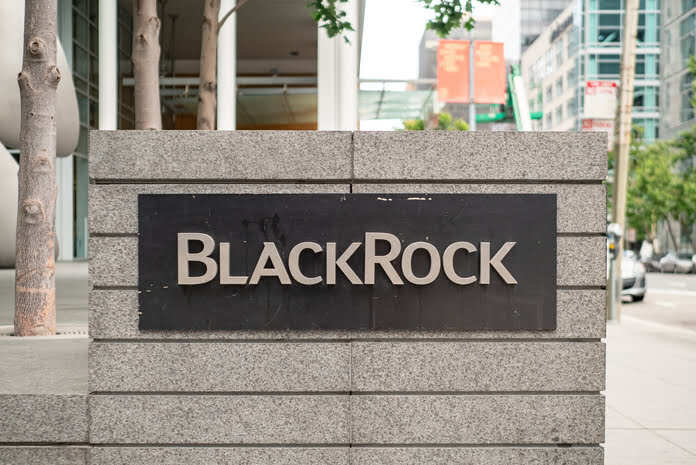BlackRock Inc., (NYSE:BLK)
BlackRock Inc., (NYSE:BLK) the world’s largest asset manager, has decreased its support for shareholder proposals on environmental and social issues for the third consecutive year. The firm argued that many proposals lacked merit, did not align with long-term financial interests, and failed to significantly improve companies.
According to a report released Wednesday, BlackRock supported just 4% of 493 environmental and social proposals in the 12 months through June, a decline from 7% the previous year and over 20% in the period through mid-2022.
Increased Focus on Corporate Governance
In contrast, BlackRock has increased its backing for corporate governance resolutions, representing the “G” in ESG investing. The firm supported 21% of these governance proposals during the same period, up from 11% the previous year. This shift reflects BlackRock’s emphasis on the financial health of corporations, as noted in their January statement.
The asset manager criticized many shareholder proposals for being of “poor quality” and not linked to enhancing long-term shareholder value. BlackRock’s global head of investment stewardship, Joud Abdel Majeid, noted that many proposals are overly prescriptive or redundant, addressing risks that companies are already managing.
As of midyear, BlackRock managed $10.6 trillion in assets and remains a significant shareholder in most S&P 500 companies. The firm’s voting and engagement practices on ESG issues have drawn considerable attention and criticism, particularly from Republican critics who argue that BlackRock’s stance on ESG investing adversely affects states with major energy sectors, such as Texas and West Virginia.
Despite this criticism, BlackRock has asserted that it does not boycott fossil fuels and manages over $300 billion in global energy investments. The trend of reduced support for environmental and social resolutions is mirrored across the industry, with average backing falling to 16% from 19% in the previous proxy year, according to Morningstar Inc.
Featured Image: Megapixl







